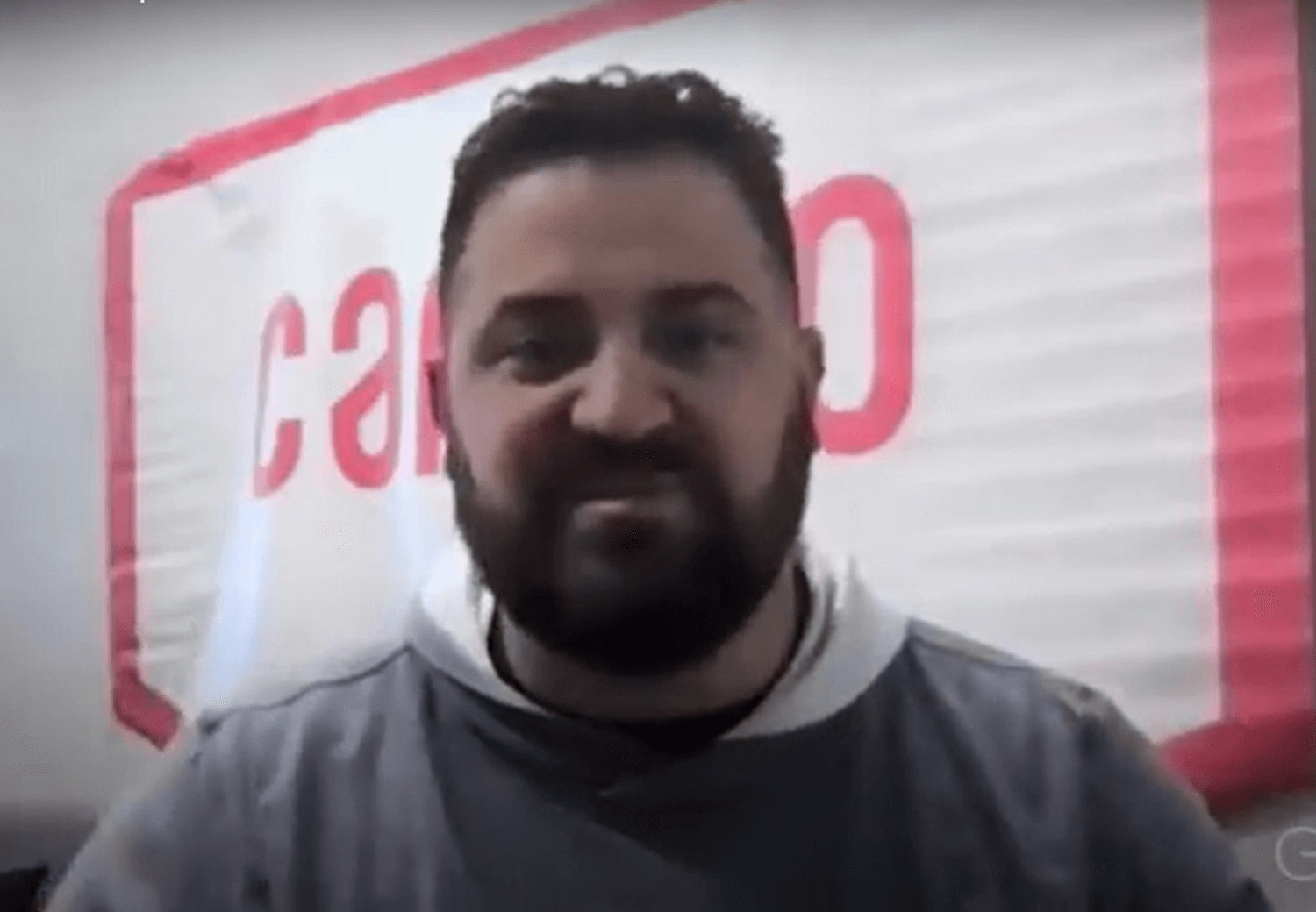Look, I think it starts with three things. Number one, OKR is really, really important at our company, so making sure that everybody knows, you know, what are our objectives for the year? What are the key results? And we talk about this all the time, every week, “all hands.”
Secondly, we have a management process here we call our MVP. We have every employee at the company talk to their manager, and before the year starts, they rate what their A+ performance review would look like if they did the job to the best possible of their ability.
And then, they have check-ins at 90 days and 180 days, and they review their progress not just objectively to OKRs, but where are you to that A+ bar that we talked about? Are you exceeding it? If so, great job, but let’s raise the expectations for you so we can get you on a higher trajectory.
And then, the conversation might be like, “Hey, are you in the right role? Is this the right job for you? Is this the right company?” And that’s a really compassionate conversation that we can have with an employee because we don’t want anyone struggling, and especially in a fully distributed environment, the struggle is worse, right? You don’t have your coworkers to take you out for a beer after, to go get lunch and vent.
Like, when you’re struggling in your job and you’re alone, people can be drowning and psychologically, I think that’s really taking a toll on people this year. So, I really think it comes with clear goal setting and expectation setting and making sure that people are getting constant feedback on how they’re doing. And that’s so much more important in a remote world. It’s important, always, but fully remote, you have to take even more effort and it needs to be documented.




